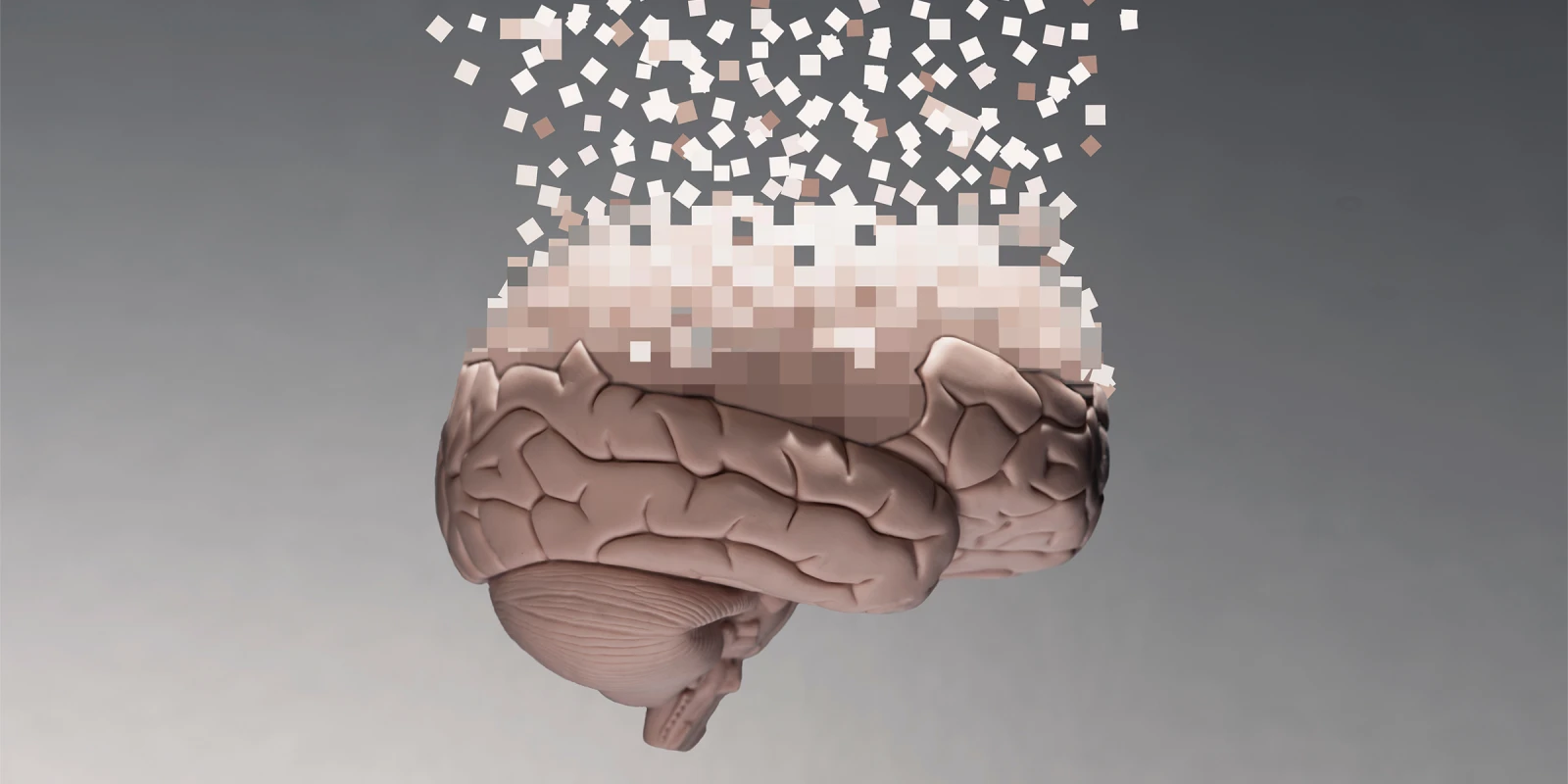
Recently I was in a conversation, where we were talking about equity and while the conversation was spirited, it made me think, where did this progressive “buzzword” even come from?
Aristotle is kind of the father of equity. He would talk about phronesis. It served as a practical wisdom that was meant to be separate from the law, called nomos. Later it was the development of Aristotelian Ethics that created the virtue known as epiekaia which talked about fairness in interpretation of the law. Other scholars like St. Thomas Aquinas continued to develop this framework, and called it aeqiutas. What these scholars had in common was that equity was framed as a response to the law. Taking the law to its fullest expression, the reification of law, can be dangerous. A Roman maxim exemplifies this belief and it reads “summum jus, summa injuria.” Extreme justice is injustice. And it was in this vein that I thought about why we need equity today:
From battles about diversity numbers and quotas, to increased support to those that have been the most marginalized in our nation’s history, I thought about why these programs, and equity itself is so controversial: If the law created inequities in its reification , then equity today must be unequal under the law. It's in this way that many diversity programs like affirmative action have been overturned by law, but in fact this is the reason we need them. And -law itself is a social construct. Law is the codification of the values of a society, or rather the socio-political forces that create reality. Through media, and ensuing popular opinion, the law evolves, at least in a democracy. Laws supporting racism, sexism, and other isms throughout history have been reflective of the power dynamics present in social reality.
And that’s when I started to think about it differently. Why has the response to equity been so–emotional. What feelings does equity create, and I realized it's this same feeling, that things are unequal. While we might see the effects of unequal laws, people today feel those same effects with equity programs. These emotional responses are powerful, and they drive hate. Hate that comes from what exactly? Stay with me-here is where neuroscience comes in
Because equity battles are about identity, we process battles like this in our brains as relating to the self. We think about who we are, who the “other is” and our relationship to them. This happens in a cascading cacophony of sorts. We process our sense of self in the Default Motor Network or DMN. This network is implicated in self-referential thinking, introspection, and social cognition. It connects different parts of the brain to create this social reality. Unfortunately it's also a social reality where we learn not just who we are , but who others are, who to fear, who we are better or worse than, and the kinds of treatment others deserve compared to us.
It’s not just this network but it's also the amygdala that is responsible for our emotional processing, the temporal cortex(face and voice recognition), the mirror neuron system that is involved in detecting others’ actions and intentions, and the salience network that helps detect and allocate relevant social and emotional stimuli.
So when we build social realities, that are reinforced by our families, our experience, and the media, about us vs the other we begin to perceive a widening in our connection to other humans. There are two groups of people that show low activity in the Default Motor Network, as well as other challenges in the Amygdala, and possibly the mirror neuron system: people with autism and monks. As a meditating autistic person myself I am uniquely aware of this. Although I don’t claim to be at monk status by any means it's a little easier when you have trouble understanding social reality in the first place. It's one of the reasons people on the spectrum often have a deep interest in social justice. This is an argument I tried to make without much success at SXSW(South by Southwest) to Alysson Mutori, the controversial biologist, who is doing amazing research and growing brains of autistic people in space. While he didn’t see my point about not only studying to improve the neurotype, but what benefits it could provide, I think equity is a good case study.
To build a better world we need not only to continuously respond to the troubling reification of laws by people in power. Regardless of their intentions, these laws that target identities are real, both to the people supporting them and to those affected. Throughout history, we have seen social realities continue to be created that seek to both identify with a population and to name an “other” to create a social reality that can be weaponized in times of strife.
While this might sound like a utopian fantasy, I don’t think the need for equity will ever be eradicated , but I do think we need to think as a society about how we can decondition ourselves to believe the realities we are presented with. And in the times of strife that we find ourselves present in the United States and broadly today, this kind of thinking is needed more than ever. The multiplicity of realities continues to widen and we need it to narrow. While you can’t change your neurotype, you can do things like practice mindfulness and meditation as well as psychedelics, that have both been shown to reduce activity in the DMN and bring in a sense of togetherness, unity, and oneness, with ourselves and those around us, regardless of the constructs our world has built.